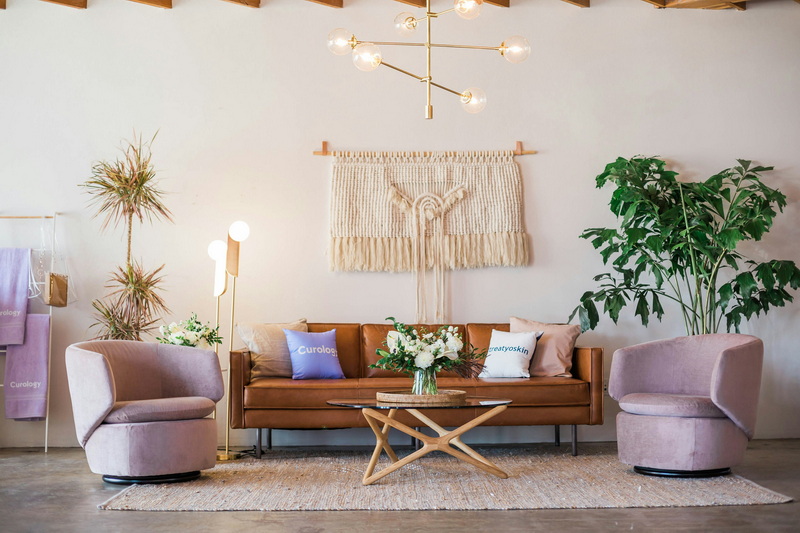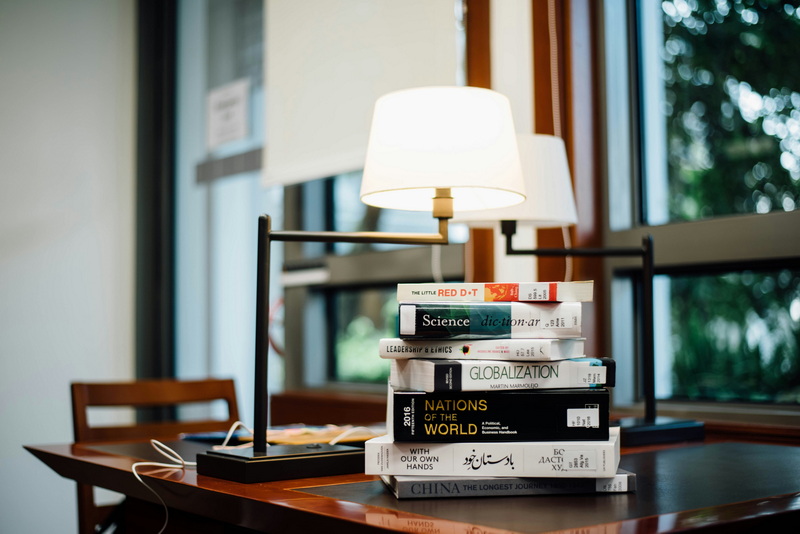English 




Views: 222 Author: Astin Publish Time: 2025-03-07 Origin: Site



Content Menu
● Introduction to Painting Aluminum Furniture
● Preparing Aluminum Furniture for Painting
● Maintaining Painted Aluminum Furniture
● Alternatives to Painting: Powder Coating
● Cost Comparison: Painting vs. Powder Coating
● Environmental Considerations
● Tips for Specific Types of Aluminum Furniture
● FAQ
>> 1. What Type of Primer Should I Use for Aluminum Furniture?
>> 2. Can I Use Regular Spray Paint on Aluminum Furniture?
>> 3. Do I Need to Sand Aluminum Before Painting?
>> 4. How Often Should I Maintain Painted Aluminum Furniture?
>> 5. Can I Powder Coat Aluminum Furniture Instead of Painting?
Painting aluminum furniture is a practical and cost-effective way to refresh its appearance and extend its lifespan. Whether you're dealing with patio furniture, indoor decor, or any other aluminum item, the process involves several key steps to ensure a durable and attractive finish. This article will guide you through the preparation, painting, and maintenance of aluminum furniture, helping you achieve professional-quality results.

Aluminum is a versatile material used in various applications, from construction to home furnishings. Its lightweight and durable properties make it ideal for outdoor furniture, which often requires periodic maintenance to maintain its aesthetic appeal. Painting aluminum furniture not only enhances its appearance but also protects it from environmental elements.
Before painting, thorough preparation is crucial to ensure the paint adheres well and lasts long. Here are the steps involved in preparing aluminum furniture:
1. Cleaning the Surface: Start by thoroughly cleaning the aluminum surface. Use a mixture of warm water and a degreasing cleaner or dish soap to remove dirt, grime, and grease. If the furniture has flaking paint or rust, use a wire brush to gently scrub these areas away. Ensure the area is well-ventilated and lay down drop cloths to protect surrounding surfaces from paint splatters[1].
2. Sanding the Surface: Once clean, sand the aluminum using coarse-grit sandpaper (around 80-100 grit) to roughen the surface. This helps the primer adhere better. Follow up with finer grit sandpaper (400 grit or higher) for a smoother finish. Sanding also helps remove any remaining dirt or soap residue. Wear protective gear like gloves, goggles, and a dust mask to avoid exposure to metal dust[1].
3. Etching the Surface: Although not always necessary, etching can be done using a chemical etchant if you want to ensure a strong bond between the aluminum and primer. However, self-etching primers are more commonly used for convenience.
4. Priming the Surface: Apply a self-etching primer specifically designed for aluminum. This type of primer micro-etches the surface, creating a strong bond for the paint. Spray the primer in thin, even coats, allowing each coat to dry before applying the next. Lightly sand the piece again with 400-grit sandpaper after priming to ensure a smooth finish[1].
With the surface prepared, you can proceed to paint your aluminum furniture:
1. Choosing the Right Paint: Select a paint specifically formulated for metal surfaces. For outdoor furniture, choose exterior-grade paint that is weather-resistant and UV-resistant. Avoid high-gloss finishes as they highlight imperfections; instead, opt for satin or semi-gloss finishes[2].
2. Applying the Paint: Use a spray can for small, intricate pieces or a brush for larger surfaces. Apply the paint in thin, even coats, allowing each coat to dry completely before applying the next. Sand lightly between coats for a smoother finish. Always follow the manufacturer's instructions regarding the number of coats and drying times[2].
3. Sealing the Paint: Once the final coat of paint is dry, consider applying a clear enamel sealer to protect the paint from fading and chipping. Apply at least two coats of sealer, allowing each coat to dry according to the manufacturer's instructions[2].

To keep your painted aluminum furniture looking its best, regular maintenance is essential:
1. Regular Cleaning: Clean the furniture periodically with mild detergent to remove dirt and debris. Use a soft cloth and warm water, ensuring all soap residue is rinsed off to prevent discoloration[3][6].
2. Prompt Touch-ups: Address any scratches or chips promptly to prevent rust from forming. Keep some touch-up paint on hand for quick repairs[2].
3. Protective Coatings: Apply a clear topcoat periodically to maintain protection against the elements. Regularly inspect the furniture for signs of wear and tear[6].
While painting is a common method for refinishing aluminum furniture, powder coating is another option. Powder coating involves applying a dry powder to the surface and then baking it in an oven to create a durable finish. However, this process requires specialized equipment and is typically more expensive than painting. Powder coating offers a smoother texture and is more durable, but it is best left to professionals due to the high-temperature curing process[4][7].
Painting aluminum furniture is generally less expensive than powder coating. The cost of painting can range from $50 to $150, depending on the size of the item and the materials used[7]. In contrast, powder coating can cost between $50 and $600 per item, with larger items costing more due to increased material and labor requirements[4][7]. While powder coating provides a more durable finish, painting is a more accessible DIY option.
When choosing between painting and powder coating, consider the environmental impact. Powder coating is generally more eco-friendly as it produces fewer volatile organic compounds (VOCs) and excess powder can be reused[7]. However, painting allows for more color options and is easier to apply at home, making it a popular choice for DIY projects.
Different types of aluminum furniture may require special care:
- Cast Aluminum Furniture: Regularly clean with mild soap and water. Use a solution of vinegar and water to remove calcium deposits, but avoid using acidic cleaners on painted surfaces[3][5].
- Powder-Coated Furniture: Clean with mild soap and water, and apply car wax or polish to maintain the finish[3].
- Unpainted Aluminum: Use a metal polishing paste to remove oxidation and protect with car wax[3].
Painting aluminum furniture is a straightforward process that can significantly enhance its appearance and durability. By following the steps outlined above, you can achieve a professional-quality finish that will withstand the elements. Whether you're refreshing patio furniture or updating indoor decor, painting aluminum is a cost-effective and rewarding DIY project.

You should use a self-etching primer specifically designed for aluminum. This type of primer helps create a strong bond between the aluminum and the paint, ensuring a durable finish.
While regular spray paint can be used, it's best to choose paint specifically formulated for metal surfaces. For outdoor furniture, select exterior-grade paint that is weather-resistant and UV-resistant.
Yes, sanding is essential to roughen the surface and ensure better paint adhesion. Start with coarse-grit sandpaper and finish with finer grit for a smooth surface.
Regular maintenance involves cleaning the furniture periodically and addressing any scratches or chips promptly. Applying a clear topcoat can also help protect the paint from fading.
Yes, powder coating is an option, but it requires specialized equipment and baking the powder in an oven. While it provides a durable finish, it is generally more expensive and complex than painting.
[1] https://www.bobvila.com/articles/how-to-paint-aluminum/
[2] https://www.weiye-aluminium.com/how-to-paint-aluminum-patio-furniture.html
[3] https://hauserspatio.com/blog/expert-tips-on-cast-aluminum-patio-furniture-repair-and-maintenance/
[4] https://www.homeadvisor.com/cost/painting/powder-coat-or-electrostatically-paint/
[5] https://www.patioproductions.com/blog/features/how-to-keep-your-aluminum-patio-furniture-looking-new/
[6] https://palmcasual.com/practical-tips-for-maintaining-aluminum-furniture/
[7] https://www.fixr.com/comparisons/powder-coat-vs-paint
[8] https://www.youtube.com/watch?v=VRvK7lNrZE4
[9] https://posh.co.uk/living/can-you-paint-aluminum-patio-chairs/
[10] https://www.weiye-aluminium.com/can-aluminum-patio-furniture-be-painted.html
[11] https://www.youtube.com/watch?v=F-eyq0lfSnY
[12] https://www.finishingsystems.com/blog/powder-coating-vs-paint/
[13] https://www.thyssenkrupp-materials.co.uk/index.html/technical-knowledge-hub/painting-aluminum
[14] https://www.doityourself.com/forum/painting-staining-all-interior-exterior-surfaces/606386-aluminum-patio-furniture-powder-coat-paint.html
[15] https://madburyroad.com/blogs/outdoor-furniture-blog/how-to-care-for-your-aluminum-furniture
[16] https://ucpowder.com/is-it-cheaper-to-paint-or-powder-coat/
[17] https://www.instructables.com/How-to-Paint-Aluminum-and-Keep-It-Painted/
[18] https://www.reddit.com/r/paint/comments/11jzc9q/repaint_aluminum_patio_furniture/
[19] https://yourpatiostore.com/blogs/news/how-to-maintain-powder-coat-finishes-on-outdoor-furniture
[20] https://www.youtube.com/watch?v=R18adUXfgtA
Top Aluminum Furnitures Manufacturers and Suppliers in Czech Republic
Top Aluminum Furnitures Manufacturers and Suppliers in Poland
Top Aluminum Furnitures Manufacturers and Suppliers in Belgium
Top Aluminum Furnitures Manufacturers and Suppliers in Finland
Top Aluminum Furnitures Manufacturers and Suppliers in Denmark
Top Aluminum Furnitures Manufacturers and Suppliers in Greece
Top Aluminum Furnitures Manufacturers and Suppliers in Portugal
Top Aluminum Furnitures Manufacturers and Suppliers in Austria
Top Aluminum Furnitures Manufacturers and Suppliers in Norway
Top Aluminum Furnitures Manufacturers and Suppliers in Sweden
